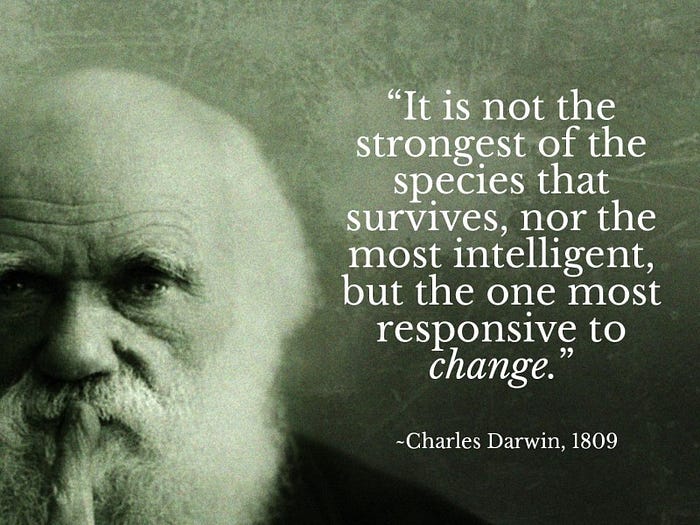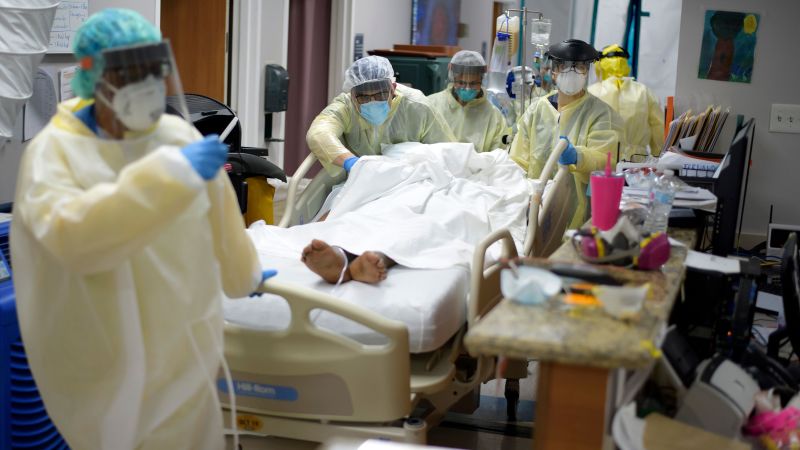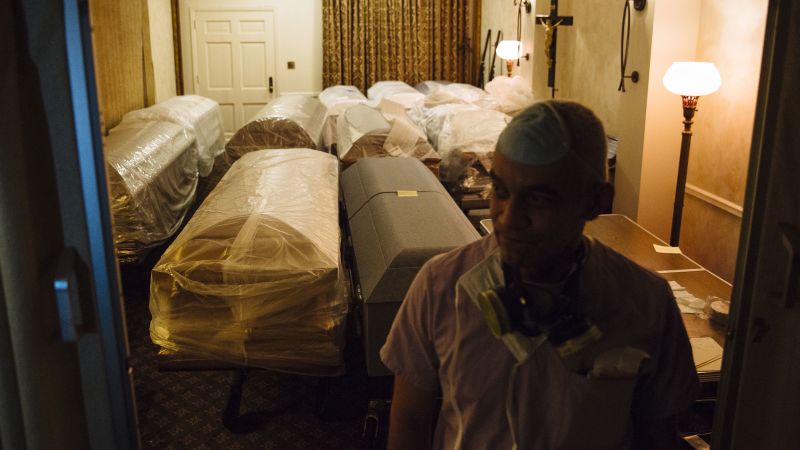It's been five months since Lucy Gahan contracted Covid-19, and her life still hasn't returned to normal.
Gahan, a clinical psychologist in Shrewsbury, United Kingdom, hasn't been able to return to work.
The disease causes what she calls "storms," disabling periods when she feels shortness of breath, numbness in her hands and feet and her heart rate shoots up from simple tasks. Even taking a shower is possible only during an occasional respite in symptoms.
"In May and June, I could barely talk because I was so ill," she said.
Before contracting the disease in early April, the mother of two ran three times a week and had a regular yoga routine.
"I can only walk as far as the corner," she said. "In terms of running, I can't imagine when that will happen, if ever."
She is one of thousands around the world for whom Covid-19 has turned into a chronic condition. Gahan and other Covid-19 "long haulers" feel they aren't yet getting recognition for an illness that has disabled them for months, with no end in sight
New research shows that 12 weeks after infection, 75% of those hospitalized with Covid-19 still have a range of severe and disabling symptoms. Many patients' symptoms can be explained by dysautonomia, a disruption of autonomic nervous system processes.

www.cnn.com













